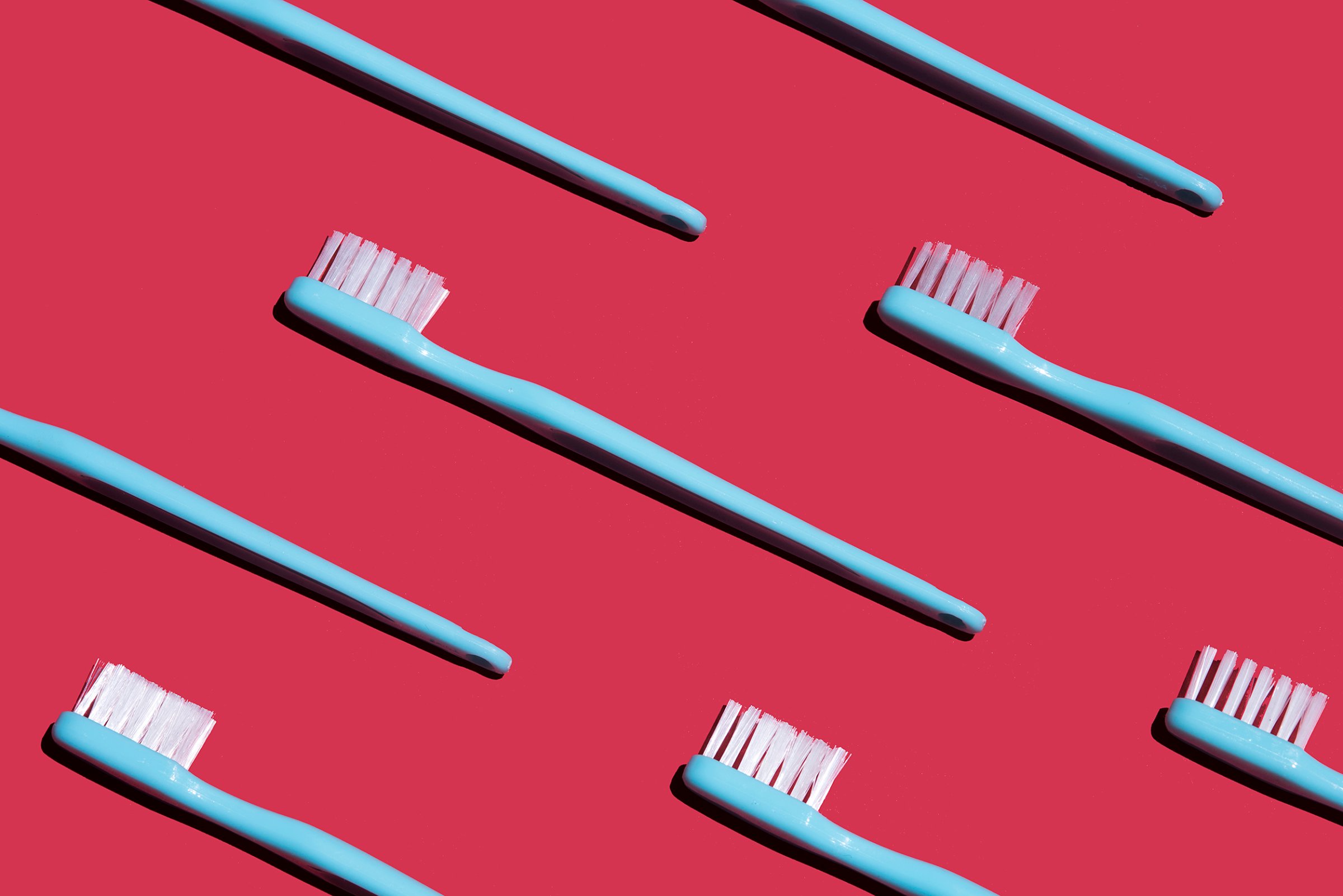
Aside from protecting your pearly whites, here’s more motivation to squeeze in that twice-a-year teeth cleaning: It could keep you from getting sick. A new study suggests that regular dental visits may protect against pneumonia by reducing levels of harmful bacteria in the mouth.
The study’s findings—based on the health records of more than 26,000 people nationwide—suggest that people who never get dental checkups have a far greater risk of getting bacterial pneumonia than those who keep up with biannual visits.
“There is a well-documented connection between oral health and pneumonia,” said lead author Michelle Doll, MD, assistant professor of internal medicine at Virginia Commonwealth University, in a press release. “We can never rid the mouth of bacteria altogether, but good oral hygiene can limit the quantities of bacteria present.”
The body contains 10 times as many microbes (including bacteria, fungi, and viruses) as it does human cells, she explains. Most of those microbes aren’t harmful (or they are even beneficial), and even the dangerous ones cause disease only under certain circumstances. In the case of bacteria that cause pneumonia, for example, they have to be inhaled to cause an infection. Getting regular cleanings and check-ups may reduce the amount of these bacteria, says Dr. Doll, and the odds you’ll breathe them into your lungs.
Health.com: 4 Things Your Mouth Can Tell You About Your Health
The number of people who actually got pneumonia in this analysis was small—only 1.68% of the total sample. But after adjusting for age, gender, income, and other factors, the researchers found that those who never visited the dentist had a 1.8-fold higher risk—almost double—those who went twice a year.
The study, which has not yet been published or peer-reviewed, was presented today at IDWeek 2016, an annual conference for infectious disease specialists. In her presentation, Dr. Doll acknowledged that people who see their dentist regularly are also likely to practice other healthy-mouth behaviors (like brushing and flossing regularly). They may also have healthier behaviors in general, which might affect their pneumonia risk, as well.
But finding ways—even potential ways—to reduce pneumonia risk is important, says Dr. Doll, given that nearly 1 million Americans get the infection ever year, and 50,000 die from it. While it is more common in older people, or people with chronic illnesses, anyone can get it.
Health.com: 20 Mistakes You’re Making With Your Teeth
Of course, this isn’t the first time mouth health has been linked to overall health; studies have shown that gum disease can raise inflammation levels throughout the body, for example, and that it may be linked to mental decline in older adults. Strange symptoms involving teeth, gums, or tongue can also hint at problems elsewhere, like diabetes and gastroesophageal reflux disease.
Remembering this may help the next time you’re suffering from dental dread: Those cleanings might be key for more than just a pretty smile.
This article originally appeared on Health.com
More Must-Reads from TIME
- Why Biden Dropped Out
- Ukraine’s Plan to Survive Trump
- The Rise of a New Kind of Parenting Guru
- The Chaos and Commotion of the RNC in Photos
- Why We All Have a Stake in Twisters’ Success
- 8 Eating Habits That Actually Improve Your Sleep
- Welcome to the Noah Lyles Olympics
- Get Our Paris Olympics Newsletter in Your Inbox
Contact us at letters@time.com